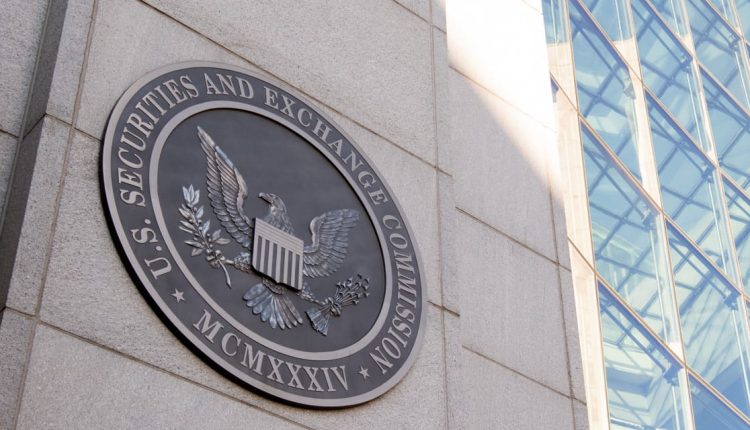Sweeping new rules passed by the Securities and Exchange Commission are likely to have a significant impact on the business practices and regulatory burdens shouldered by many private investment advisors.
Disrupting long-standing norms within the private investment realm, the SEC passed a series of rules in late August despite significant pushback by private fund advisors and investors. Depending on the size of assets under management, funds must comply with various measures either in roughly 12 or 18 months.
“At a high level, the new rules are geared toward addressing certain areas of private fund activities where the SEC has determined there is a need for further investor protection to prevent fraudulent or misleading conduct,” says Nicole Krea, a partner at Ropes & Gray, a New York law firm. “But I wouldn’t go so far as to say it’s a win for all investors.”
Large institutional investors who have historically negotiated for preferential treatment may find that some terms will be off the table under the new rule, and others more difficult to negotiate.
Here’s a look at the three main provisions of the rules:
New Limits on Preferential Treatment
Current practices among many private funds include negotiating special redemption rights or information rights. For example, some large investors may have agreements with advisors to demand a return of capital or to receive information about underlying investments that is not accessible to other investors.
While there are specific exceptions, these rights can no longer be granted to select investors in most cases.
Other preferential treatment is allowable as long as the specifics are disclosed to all investors in a fund. Currently, the details of side letters, which specify modifications to rules laid out in a fund’s partnership agreement, are not accessible to all investors in a fund.
“There may be funds now that disclose preferential treatment in a summary fashion. Under the new rules, they can’t simply disclose that some investors may get a fee break, the disclosures have to be granular. What fee break?” Krea says. “A potential negative of this is that the knowledge that all investors can see all side letters might chill the inclination to offer certain rights.”
Disclosure and Consent Requirements
The new rules also require advisors to provide detailed disclosures to all investors if they do not charge fees on a prorated basis; charge a fund for expenses related to compliance or investigations of the advisor; or use a net-tax calculation to reduce the amount of so-called clawbacks of carried interest, a strategy often used when a fund is liquidated.
For certain practices, disclosure alone isn’t sufficient under the new rules. “You need to seek consent from investors,” Krea says.
If an advisor wants to tap assets in a fund to cover fees associated with a government investigation, or borrow assets from a client, details must be disclosed and all investors must give consent. A majority of investors give written consent.
Quarterly Statements
Under current rules, advisors are governed by their limited partnership agreements for what information they will disclose and when, but there is no mandate for issuing statements to investors.
The newly enacted rules require most advisors to issue quarterly statements for each fund they manage within the 45 days after the end of the first three quarters and within 90 days after the end of the year’s final quarter. For funds of funds, advisors have 75 days to release their first three quarterly statements, and 120 to distribute the final quarterly statement.
“This is one of the more burdensome aspects of the new rule. It’s causing a bit of heartburn,” Krea says. “Managers may have been disclosing some information, but not in the way the rule mandates.”
Quarterly statements will have to include specific details about fees, expenses, and performance to make the reports user friendly and funds more easily comparable to one another.
For example, all fees and expenses must be listed as separate line items by category, such as insurance premiums or auditor fees, and minor expenses may not be lumped into broad categories.
Regular Audits
Advisors must obtain annual audits of funds’ financial statements. Audits must be conducted by an independent accountant and circulated to investors within 120 days of the fund’s fiscal year-end.
This measure is primarily to monitor advisors’ valuation of private fund assets, and intended to protect investors from unscrupulous practices.
Private fund advisors with US$1.5 billion or more in assets under management as of the last day of their last fiscal year must comply with the new rules related to restricted activities and preferential treatment by Sept. 14, 2024. Large advisors have until March 14, 2025, to comply with the quarterly statement and audit requirements, and those with less than US$1.5 billion under management must comply with all new rules by March of 2025.
Read the full article here

